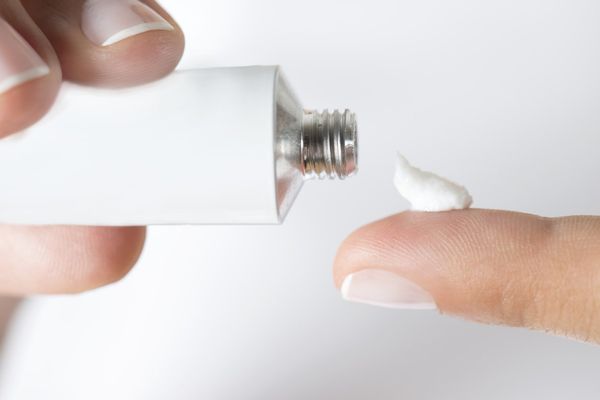September is Menopause Awareness Month.
Does that make you nervous?
There are plenty of menopause stories around. Most, rather than celebrate the end of a woman's monthly cycles, demonize menopause with tales of hot flashes, night sweats, weight gain, vaginal dryness, thinning hair, sleep disturbances, mood swings and more.
But menopause is not something to fear. There are things to celebrate about it. Here are just a few.
- No more pregnancy worries. Sex without thinking about pregnancy can be extremely liberating. Not being preoccupied about the unanticipated outcome of sex frees us up to enjoy it more.
- No more hormonal headaches. Women have more migraines than men, and a large percentage of those coincide with ovulation and menstruation. Fluctuating levels of estrogen and progesterone can be powerful triggers for menstrual migraines. Since the levels of these hormones fall after menopause, the incidence of migraines usually falls, too.
- No more wondering if we'll bleed. Before menopause comes perimenopause, a span of time when periods become erratic and bleeding might be heavier and less predictable than normal. Menopause puts an end to all that and an end to deliberating about whether we can or should wear those white pants or lug around a supply of feminine products "just in case.
- A boost of self-assurance. Remember feeling self-conscious, unsure, less-than or inferior? Without monthly periods, pregnancy risks, mood swings and PMS woes to occupy our minds and moods, women often feel more empowered and capable both in their personal and professional endeavors. A greater sense of confidence accompanies childrearing, marriage, relationships, careers and just … life.
- An opportunity to reexamine your life. The anthropologist Margaret Mead used the term "menopausal zest" to refer to that time when women experience a rush of both physical and psychological energy and renewed vigor. Menopause allows us the opportunity to take stock of things, along with gaining influence in workplace, family and political worlds. We can better trust our intuition and instinct to guide us, no longer satisfied with the status quo of yesterday. We feel empowered to take more risks.
- Time for self-care. Our children might be grown and out of the house or maybe they're partially launched and on the road to independence. Either way, that means we have more time to focus on ourselves. Eating a healthy diet, exercising regularly and making other positive changes to improve our health can quickly put the control back in our hands and benefit our physical, emotional and spiritual selves.
- Uterine fibroids shrink. Fibroids, which are usually benign tumors or growths that develop in the muscles of the uterus, are very common and affect up to 50 percent of women at some time, most often in their 30s or 40s. Because they need estrogen to grow, our risk of developing them is greatly reduced when hormones subside. It's not uncommon for them to stop growing or even shrink after menopause.
From Your Site Articles







